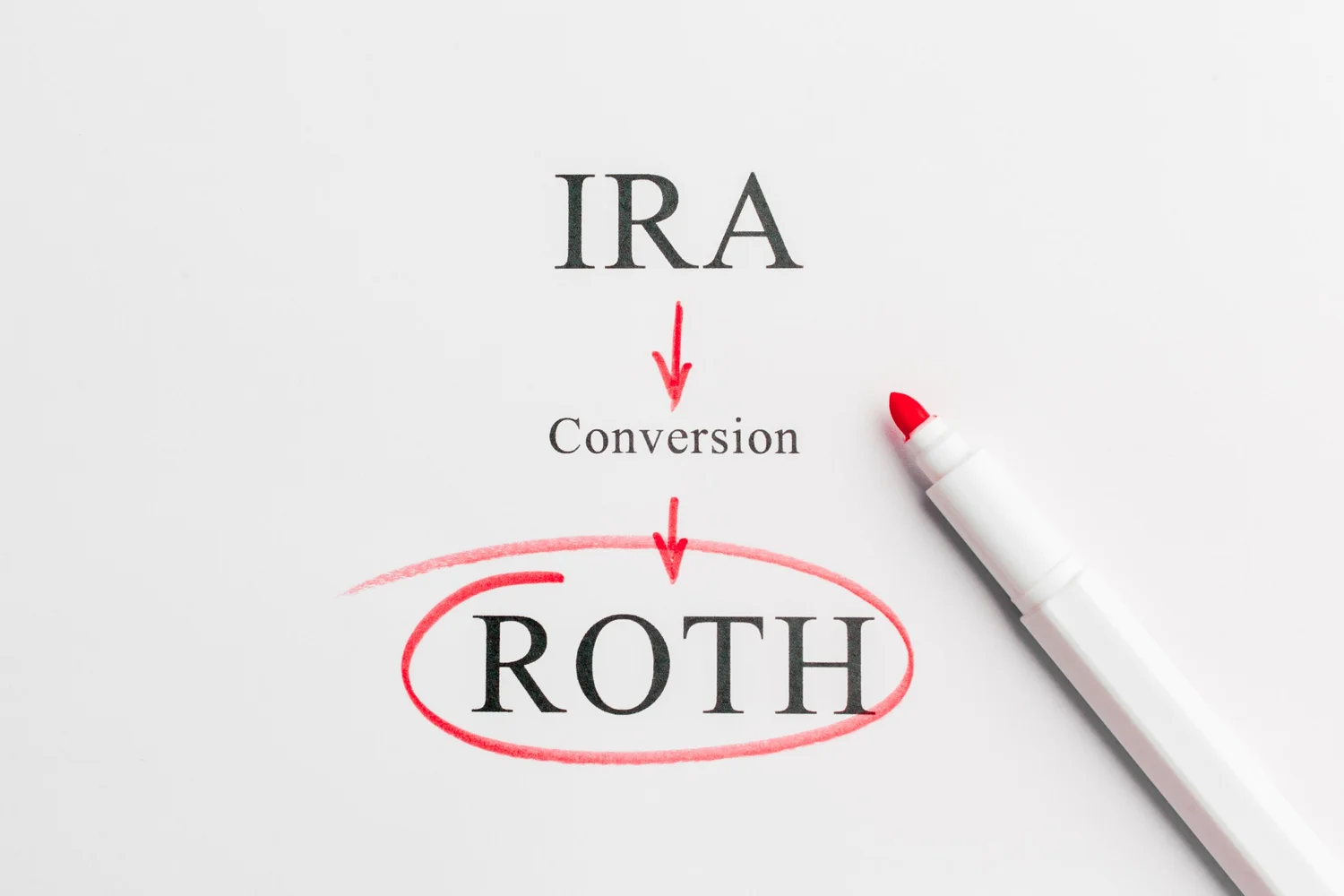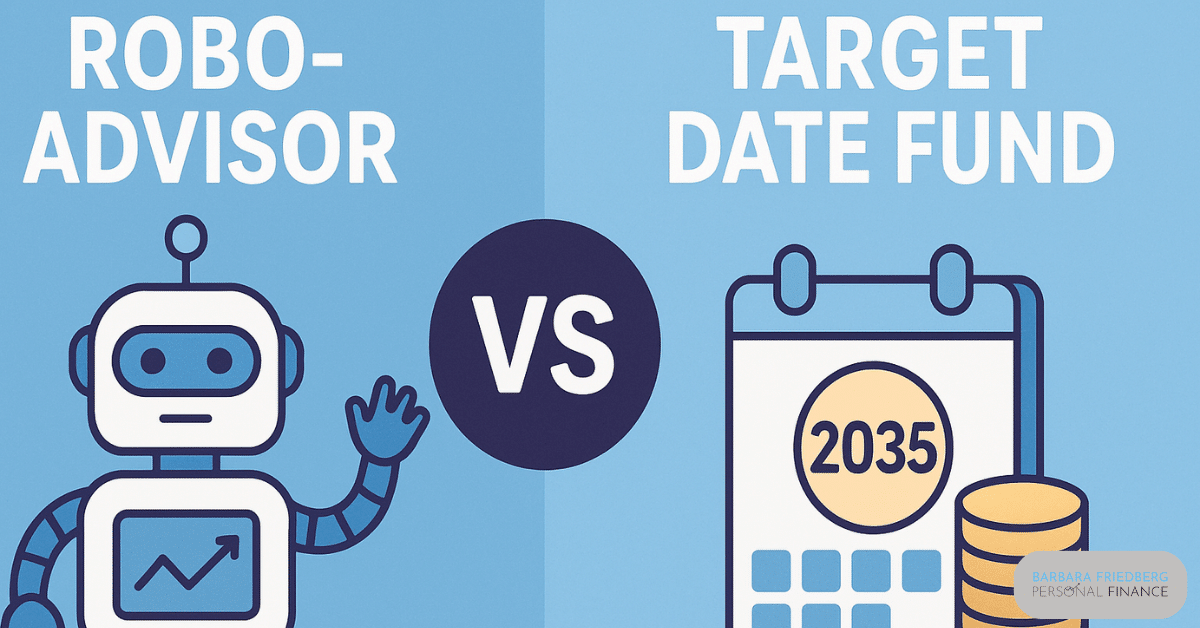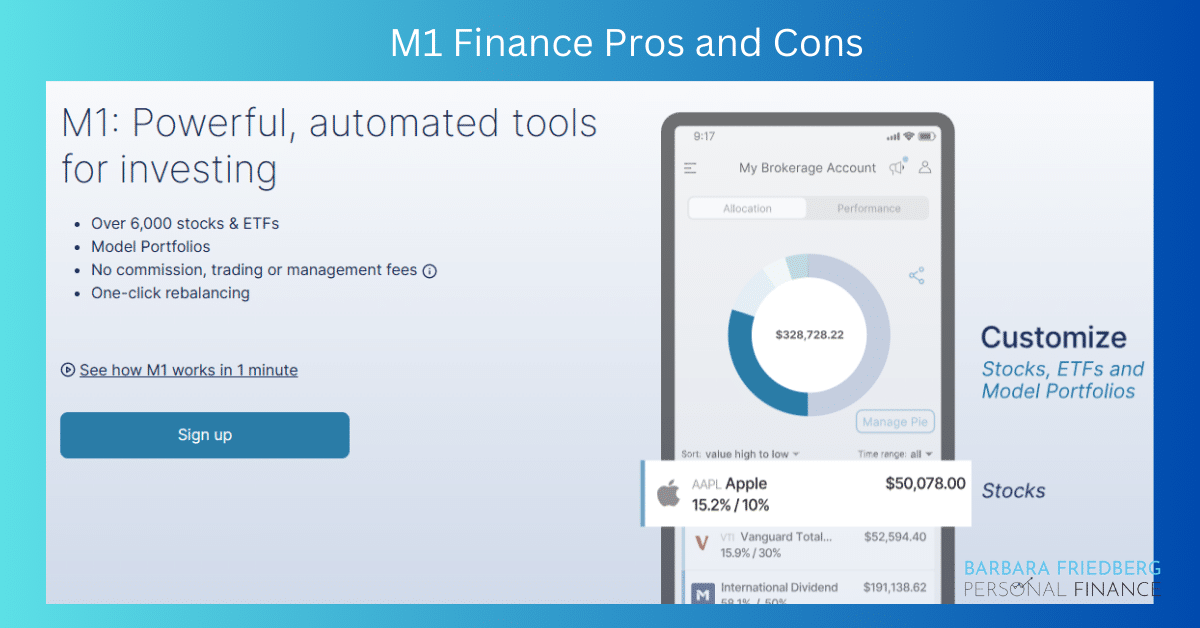
In theory, whether to do a Roth conversion is simple: if you expect to withdraw money in retirement from your IRA at higher tax brackets than you are in now, do a Roth conversion. If you expect to withdraw money from your IRA in retirement at lower tax rates than you are in now, do not do a Roth conversion. However, there are a host of qualitative and quantitative factors that could make a Roth conversion more or less attractive depending on your circumstances. Moreover, there are a number of new income phaseouts introduced through the One Big Beautiful Act (OBBA) that can complicate a Roth conversion analysis.
Personal and Overall Tax Rate Projections Matter Before Doing a Roth Conversion. Many people analyze a Roth conversion in the context of their current income tax bracket versus their projected bracket in retirement. However, you could be in a much different marginal tax rate if the brackets themselves change. In fact, if the OBBBA hadn’t passed on 7/4/2025, tax brackets would have changed in 2026, with the top bracket going back to 39.6% from its current 37% level. With a ballooning Federal budget, many expect that we could be experiencing some of the lowest tax brackets of our lifetime, which would make Roth conversions more attractive. Moreso, it is possible that Roth conversions, as a financial planning tool, could be eliminated by Congress in the future, which also makes them currently more attractive.
Income Growth on Roth Conversions. On the other hand, people have been erroneously predicting higher tax rates for decades. If inflation continues to markedly increase at a brisk pace, tax brackets will continue to adjust up. For those that do not have income keeping pace with inflation, Roth conversion could be a terrible idea as they potentially could see lower effective tax rates during their distribution years.
How You Pay for the Roth Conversion Really Matters. The math of Roth conversions is clear: if you are paying the taxes for the Roth conversion by distributing from your IRA, the conversion is likely not going to save you money. It’s an even worse idea to pay the 10% tax penalty for a distribution under 59.5 years old to do a Roth conversion. However, utilizing funds that would have originally gone into a brokerage account to pay for a conversion is more compelling. This is because funds that are invested in a brokerage account are subject to taxes on both gains and income; reducing the amount in the brokerage by paying taxes for a conversion reduces the percentage of assets that are subject to annual taxes. Additionally, depending on the return and the time period, this benefit can still make a Roth conversion advantageous, even if you anticipate lower tax rates in your distribution years. For some people considering a Roth conversion, the current break-even tax rate could be as little as only 2% to 3% higher than their eventual distribution tax rate. This would be a direct result of having fewer brokerage funds from paying the taxes on the Roth conversion up front. The positive impact of the Roth conversion increases over time, so a longer time horizon for the person doing the conversion makes it that much more favorable.
Time Roth Conversions to Smooth Income and Optimize Life Events. Our marginal tax system penalizes variable income. For example, if you make $100,000, $300,000, then $200,000 over three years, a three-year average of $200,000, you’ll pay around $124,000 in Federal taxes under the 2024 brackets. If you made $200,000 each of those three years, you’d pay $115,000 in taxes, or about $9,000 lower. You can use a Roth conversion to smooth income out and mitigate the tax impact of oscillating between tax brackets. In lower income years, or perhaps in a year when you changed jobs and didn’t have income for several months, or as a business owner you had a down year, you might want to consider a Roth conversion. For founders that expect to sell their fast growing business in the coming years, a Roth conversion can be beneficial since they expect higher levels of annual investment income post liquidity event. You can also be opportunistic in other ways, like doing a Roth conversion after a sharp market decline.
#Considerations #Roth #IRA #Conversion #Planning #Wealth



